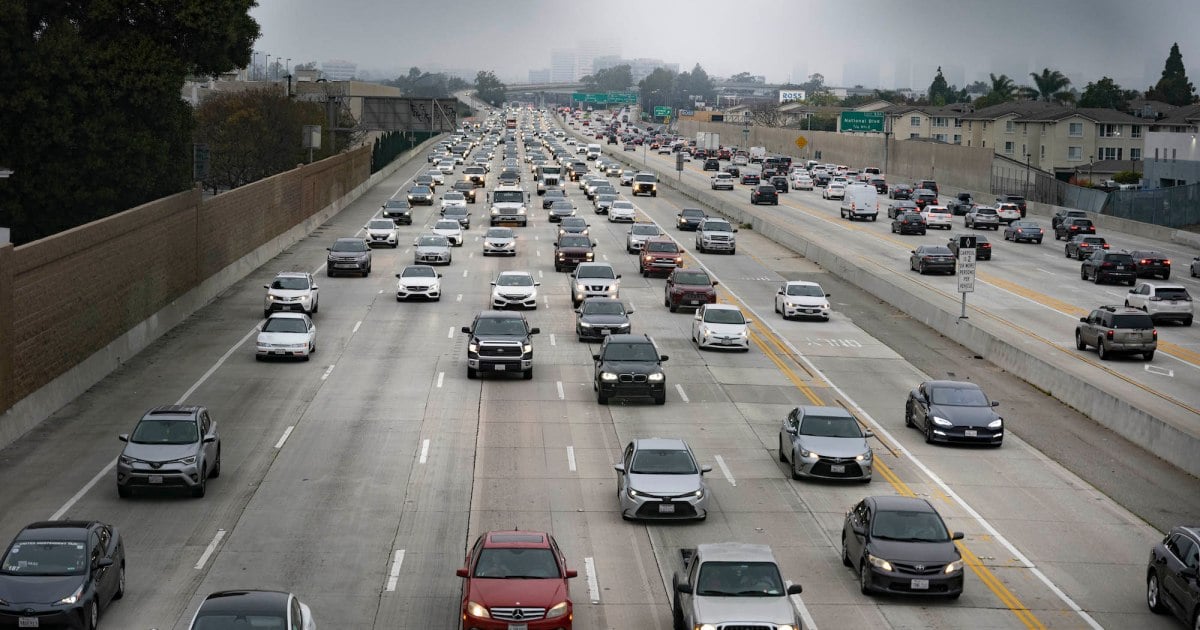This is never going to be worth the investment. What is needed is more charging stations at rest stops, and points of interest off the highway. People can stop and top up their battery while they use the restroom, get some food, stretch their legs, etc.
Worth the investment how? Traditional ROI? No, it won’t be. Encouraging adoption of EVs and reducing emissions? Quite possibly. There’s a concept called “Social ROI” that includes outside effects like that
I’m talking efficiency of the tech compared to standard chargers where everyone will have to park eventually, grocery stores, rest stops, hair salons, etc.
I’m not against spending money like this, my concern is that it’s a waste of money that could be going to something else. Not to mention that cars on the road now aren’t designed to take a charge while moving. Wireless charging in charging spots like places in Europe sure, that makes a lot more sense, but this makes no sense if you actually understand the tech needed to make this work.
If the state is funding the project and and usage is covered by taxes, this could realistically be the future of individual transportation and widespread EV adoption, while also eliminating the need for charging depots. Where I could see this fall on its face is squabbling over how people pay for usage, and then consumers getting charged through the nose. But implemented properly in a public-minded way, this could be huge.
Do you have any idea how inefficient this is? You can’t realistically charge a vehicle while it’s moving at a rate that makes this kind of investment worth it.
Plus the cost to redo the road when it needs it.
deleted by creator
When I read the headline my immediate thought was “roads now have subscription services” and the most upsetting part of that is that I wasn’t even surprised.
Modern roads having subscription services aren’t even new: we pay for our roads with gas tax, registration fees, parking fees, and congestion pricing… And it’s still not enough, so we take from income and property tax to make up the difference.
Maybe reduce the highway from 12 to 8 lanes and build a train line in the middle that can “charge” moving trains.
As an Indiana resident, the vast, vast majority of our highways and interstates are two lanes each direction.
Also, the vast majority of Indiana residents would not know how to use a train. May not even know what it is.
Oh, we all know what trains are. They come through our towns constantly. Unfortunately, usually only carrying freight. But Amtrak does have a line going through Indianapolis and there is a commuter line running through a lot of northern Indiana, so it’s not as dire as it could be.
It needs to be far better though.
Boilermakers crying emoji.
And how would this magic train transport me to the Walmart parking lot? Does it also drive to my flat? No, I don’t think so. /s
Idk about the middle unless they can make it more convenient than Chicago’s passenger rail system. Sometimes you’ve gotta do this ridiculously long detour to cross the pedestrian bridge because they put transit stops in the middle of the highway. Like sorry but a highway is not a destination.
In the US, trains are generally used for freight transport, not passenger transport.
This has got to be about the least efficient way to charge a car. Are the going to put solar panels in the road to power the wireless car chargers so they can waste even more money?
It’s not to charge it, but to power it in such a way that it doesn’t deplete the battery, especially on long distance trips. You’d obviously still need a battery for surface streets that aren’t retrofitted, or for driveways, parking lots drive thrus, etc, but this could possibly negate the need for all of these charging stations everywhere. Hell if enough cars have those undercarriage receivers as on the article, charging your car could be as simple as parking over a stationary coil, no cord needed.
Wireless charging isn’t the most efficient in the best of conditions. The efficiency drops off rapidly as the distance between the coils is increased. The coils will have to be far enough under the road that they won’t be destroyed by traffic and far enough off the ground to not get ripped off the car. Using wireless charging for something that requires 10’s of kWh per charge is a terrible idea and will waste massive amounts of power. It’s an even worse idea for stationary charging. People shouldn’t be wasting all that power because the are too damn lazy to plug a cord in.
It’s still more efficient than an ICE car.
No, probably not
Unless we figure out fusion and create infinite energy…
Just a few more centuries of break throughs
I like the idea of just having a U-Haul-type system with battery trailers. Stop in, hitch up, do long-haul trip, drop off battery trailer.
I think the weight would be prohibitive if you’re talking battery packs. However, an engine running on biodiesel fuel would work pretty well.
solar roadways vibes on this one
Wireless FRICKIN roadways!
Looking forward to this taking ten years and resulting in a single coil in front of a library stoplight
That one still cracks me up. It’s like the kind of thing a kid thinks sounds brilliant but is so easily torn apart under even the slightest bit of critical thought.
This would require both
- Vehicles be made/modified to utilize this
- The roads be well maintained enough for this to not disintegrate in under a year
Neither is likely.
Being that this is Indiana, how long a cord are they designing?
How long untill the state preemptively bans it from “all consolidated city-county municipalities?”
so, a railway ?
I’m getting SOLAR FREAKIN ROADWAYS vibes.
Been done…









